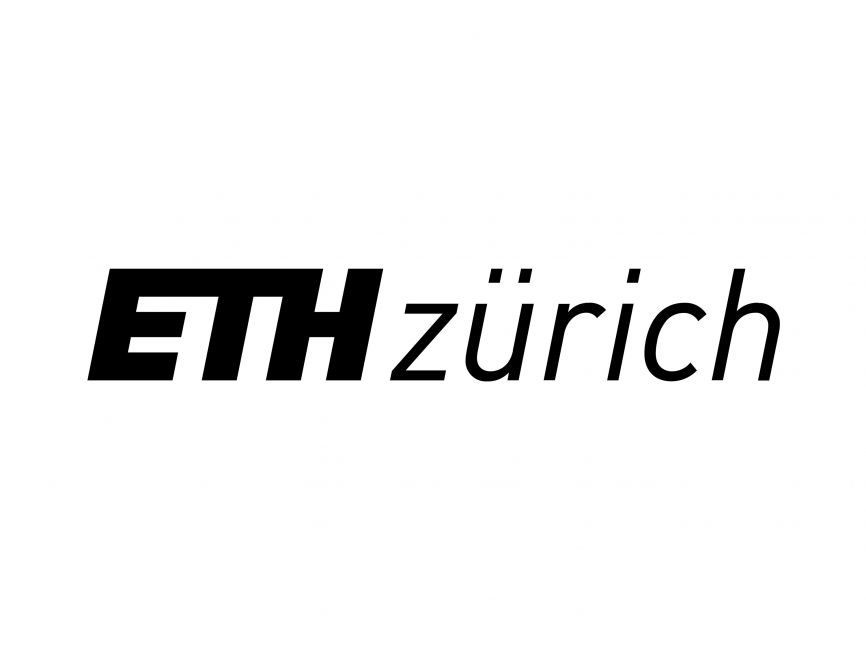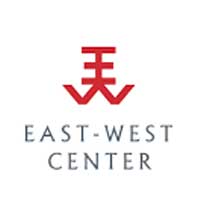KAUST Fellowship Scholarship Program
KAUST Fellowship for Pakistani Scholars
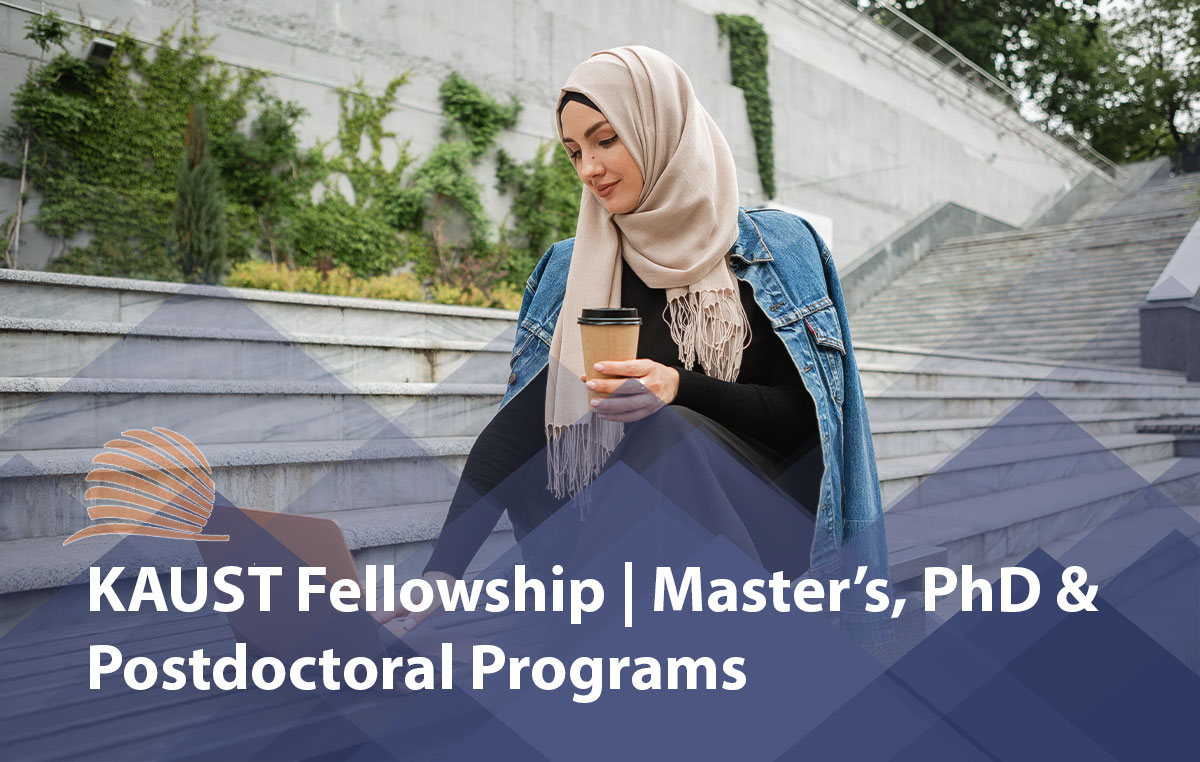
Study abroad expert advice
Don't waste time! just fill the form to get help.
KAUST Fellowship Scholarship Program for Pakistani Students
The King Abdullah University of Science and Technology (KAUST) offers one of the most prestigious and fully-funded scholarship programs for international students, including those from Pakistan. This popular scholarship program provides an unparalleled opportunity to pursue graduate studies in a world-class research environment located in Saudi Arabia. For Pakistani students aiming for a career in science, engineering, or technology, the KAUST scholarship is a gateway to cutting-edge research and global academic recognition.
The university is dedicated to advancing science and technology through interdisciplinary research, addressing global challenges. Pakistani scholars can engage in pioneering work in fields like renewable energy, environmental science, computer science, and bioscience, supported by state-of-the-art facilities and a diverse international community.
Why Choose the KAUST Fellowship? Exceptional Funding & Research Environment
The primary reason to choose the KAUST Fellowship is its comprehensive financial package, which removes all economic barriers to education. The scholarship covers full tuition fees, provides a generous monthly living stipend, and includes free housing on campus. Furthermore, it offers comprehensive medical and dental insurance, along with substantial relocation and travel support, ensuring students from Pakistan can focus entirely on their studies and research.
Beyond funding, KAUST boasts a truly exceptional research environment with multi-billion-dollar investments in labs and core facilities. The campus culture is collaborative and international, providing Pakistani students with a unique platform to work alongside leading professors and peers from over 100 countries, fostering both academic and personal growth.
Eligibility and Application Process for Pakistani Applicants
To be eligible for the KAUST scholarship, Pakistani students must hold a Bachelor's degree for Master's programs or a Master's degree for PhD programs in a relevant STEM field, with a strong academic record. Proficiency in English is mandatory, typically demonstrated through TOEFL or IELTS scores. The application process is entirely online and requires a statement of purpose, letters of recommendation, a curriculum vitae, and official academic transcripts.
Prospective applicants should prepare their materials well in advance of the annual deadlines, which are typically in January for the following academic year. It is crucial for candidates to clearly articulate their research interests and how they align with the work of specific KAUST faculty members and research centers to strengthen their application for this competitive scholarship.
Graduate Funding Benefits: What You Get as a Master’s or PhD Student
As a recipient of the KAUST scholarship, Pakistani Master’s and PhD students receive a full financial support package designed for success. This includes a generous monthly living allowance, which is more than sufficient to cover all personal expenses, allowing scholars to live comfortably without financial stress. The benefit package also includes support for attending international conferences, providing crucial exposure to the global scientific community.
Additionally, the scholarship provides free university housing in single-occupancy apartments on the beautiful Red Sea coast, comprehensive medical insurance, and dedicated research funding for the student's academic project. This holistic support system ensures that scholars from Pakistan can dedicate their full energy and attention to achieving academic excellence and groundbreaking research outcomes during their studies at KAUST.
The King Abdullah University of Science and Technology (KAUST) Fellowship is a distinguished, fully-funded program designed to attract outstanding Master’s and doctoral students as well as postdoctoral scholars from around the world. Located on the Red Sea coast in Saudi Arabia, KAUST is a graduate-level research institution dedicated to improving science and technology through multidisciplinary research, education and innovation.
Importantly, applicants do not need to submit a separate “fellowship application” for the KAUST Fellowship. Instead, all admitted students to KAUST’s graduate programmes are automatically eligible for the benefits. That means if you are admitted to a Master’s or PhD programme at KAUST, your studies will be fully funded. Likewise, the KAUST Global Fellowship Programme provides fully financed opportunities for postdoctoral researchers.
Why Choose the KAUST Fellowship? Exceptional Funding & Research Environment
Choosing the KAUST Fellowship means access to world-class resources and financial security. Some of the key reasons why this fellowship stands out:
- 100% tuition and bench-fee coverage: Graduate students receive full payment of tuition and bench fees for their programme duration.
- Competitive living stipend: Master’s and PhD recipients receive a monthly allowance that equates to approximately US $20,000–30,000 per year (depending on qualifications and degree).
- On-campus housing & utilities: Graduate students are provided housing on campus, including utilities such as electricity and WiFi (fees may apply for dependent housing).
- Medical and dental coverage: Comprehensive insurance is provided for students (charges may apply for dependent coverage).
- Relocation assistance: Travel and visa assistance for the first move to campus and return home after graduation.
- For postdoctoral fellows: The KAUST Global Fellowship Programme offers a generous annual income (reported around US $75,000), housing, schooling for up to two children, relocation and travel allowances, and up to US $40,000 in research funding.
Beyond funding, the environment at KAUST supports multidisciplinary collaboration, state-of-the-art research facilities, and an international campus community. These elements make this fellowship not only financially attractive but academically and professionally transformative.
Programmes Offered: Master’s, PhD & Postdoctoral Tracks at KAUST
KAUST is a graduate-only university offering Master’s (MSc) and Doctoral (PhD) degrees across three major academic divisions. These divisions align with global challenges and research frontiers.
Academic Divisions & Sample Programmes
- Biological and Environmental Science and Engineering (BESE): Bioscience, Bioengineering, Environmental Science & Engineering, Marine Science, Plant Science.
- Computer, Electrical and Mathematical Science and Engineering (CEMSE): Applied Mathematics & Computational Science, Computer Science, Electrical & Computer Engineering, Statistics.
- Physical Science and Engineering (PSE): Applied Physics, Chemical Engineering, Chemistry, Earth System Science & Engineering, Materials Science & Engineering, Mechanical Engineering, Energy Resources & Petroleum Engineering.
These divisions reflect KAUST’s multidisciplinary approach and its focus on areas such as water, food, energy, environment, health and digital technologies.
Graduate Funding Benefits: What You Get as a Master’s or PhD Student
When you are admitted to a Master’s or PhD programme at KAUST, you automatically qualify for the fellowship benefits (provided you’re not already fully funded by another source). The major benefits include:
- Full tuition & bench-fee coverage for the duration of your degree (MS or PhD).
- Monthly stipend / living allowance: This helps support your living expenses so you can focus on your research and studies.
- On-campus housing: Provided including utilities (electricity, internet) — dependent housing may incur charges.
- Medical & dental insurance: Ensuring you stay healthy and supported during your time on campus.
- Relocation support: Assistance with first-travel and visa to join KAUST, and travel home after successful completion.
These benefits remove financial barriers to focus wholly on your academics and research agenda.
Postdoctoral Funding: KAUST Global Fellowship Programme
For postdoctoral researchers, KAUST offers its Global Fellowship Programme, which is also fully funded and highly competitive.
What the Global Fellowship covers
- A three-year research appointment, during which you lead your independent project under a host PI at KAUST.
- A competitive annual stipend (around US $75,000), comprehensive benefits, housing and schooling allowances for up to two children.
- Up to US $40,000 of additional research funding to help kick-start your proposed project.
- Access to KAUST’s cutting-edge facilities and research community to advance your career toward independent scholarship.
This programme is ideal if you have recently completed your PhD and are ready to build a research career in a highly supportive international environment.
Eligibility Criteria: Who Can Apply?
Below are the eligibility criteria for graduate (Master’s, PhD) and postdoctoral applicants. Note: Pakistani applicants are especially encouraged to apply.
For Master’s and PhD Programmes
- Academic background:
- For a Master’s: You must hold a bachelor’s degree from a recognized institution.
- For a PhD: You typically require a relevant master’s degree from a recognized institution.
- GPA requirement: While the minimum allowed is 3.0 on a 4.0 scale, most admitted applicants have a GPA above 3.3, and a large majority above 3.5.
- English language proficiency: You must provide official test scores unless waived. Accepted tests include:
- IELTS: Minimum overall score 6.5, with at least 5.5 in each section.
- TOEFL iBT: Minimum 79 overall, including at least 17 in each component. (KAUST admission code: 4107)
- Pearson PTE Academic: Minimum score 62 total, with at least 59 in each section.
- Cambridge English Advanced (CAE) / Linguaskill: Minimum overall 176, with at least 169 in each section.
- Waiver: If you hold a degree from a recognized university in the U.S., Canada, UK, Ireland, Australia or New Zealand, you may be exempt from the English test requirement.
- GRE (optional but helpful): Not mandatory, yet a strong quantitative GRE score may boost your application.
- Age and other considerations: Applicants should be at least 18 years old. For certain partnership programmes (e.g., IDB-KAUST Joint PhD) the upper age limit is around 35 years for Pakistani citizens.
- Holistic evaluation: KAUST evaluates not just academic metrics but also motivation, research potential and broader personal qualities.
For Postdoctoral Applicants (KAUST Global Fellowship)
- PhD degree completed within the last 4 calendar years (exceptions may apply for valid career breaks).
- Independent research proposal aligned with KAUST’s research priorities.
- Host PI secured: You must identify a KAUST faculty member who has agreed to host your research project.
- Willingness to relocate to KAUST campus for the three-year appointment.
- Open to all nationalities, including Pakistani scholars.
How to Apply: Step-by-Step Application Process
Applying to KAUST for the Fellowship is straightforward since you submit a single application to the graduate programme — no separate fellowship application is required (for graduate applicants).
Step 1: Choose Your Programme
Select the Master’s or PhD programme that aligns with your interests (within BESE, CEMSE or PSE). For postdoctoral applicants, identify a research project and host PI.
Step 2: Prepare Your Documents
For Master’s/PhD: gather official transcripts (with English translations if needed), CV, Statement of Purpose, three recommendation letters, English test scores (if applicable), passport/ID copy. For postdocs: include your research proposal and evidence of publications, along with host PI confirmation.
Step 3: Complete the Online Application
Visit the KAUST Admissions website, fill out the free online application and upload your documents. Submission is free of charge.
Step 4: Submit by the Deadline
Graduate intake deadlines typically are early October for Spring intake and early January or mid-April for Fall intake (applications often open mid-August). Postdoctoral application windows vary. Be sure to check the KAUST Global Fellowship deadlines.
Step 5: Admission, Offer & Fellowship
Once admitted, Master’s and PhD students automatically receive the KAUST Fellowship benefits. Postdoctoral applicants will be informed of their selection for the KAUST Global Fellowship.
Frequently Asked Questions (FAQs)
Here are some common questions and answers to help clarify the application process and benefits.
- Do I need to apply separately for the KAUST Fellowship?
No. For Master’s and PhD programmes, if you are admitted you’ll automatically get the KAUST Fellowship (unless you have other full funding). For postdocs, you apply to the KAUST Global Fellowship Programme separately. - Is there an application fee for KAUST?
No — applying to KAUST is free of charge. - Is the GRE required?
No, the GRE isn’t mandatory, but a strong quantitative score may enhance your application. - What are the English language requirements (especially for Pakistani applicants)?
Typically you’ll need an IELTS score of 6.5 overall (minimum 5.5 in each section), or a TOEFL iBT score of 79 overall (minimum 17 in each section). If you hold a degree from a recognized English‐speaking country (USA, UK, Australia, etc.), you might be exempt. - Can I apply if I haven’t finished my current degree yet?
Yes, you can apply with a provisional transcript or proof of ongoing studies. You’ll need to submit your final transcripts before admission is confirmed. - How important are letters of recommendation?
They are very important. Your recommenders should speak to your academic skills, research potential and character. Make sure they know KAUST will contact them for references. - Should I contact faculty members before applying?
- For Master’s and PhD: It’s not required to contact faculty ahead of time, though it may help.
- For postdoctoral applicants: You must identify and obtain agreement from a KAUST faculty member who will host your research.
- What’s the minimum GPA required?
The minimum is typically 3.0 on a 4.0 scale. However, most admitted students have GPAs above 3.3, many above 3.5. - How long do the programmes last?
- Master’s: Around 1.5 years for non-thesis or 2 years for thesis track.
- PhD: Typically about 4 years.
- Postdoctoral Fellowship: Usually 3 years under the KAUST Global Fellowship Programme.
- What kind of research opportunities are available at KAUST?
KAUST has world-class research facilities, multidisciplinary labs and faculty doing work on water, energy, environment, food, health and digital technologies. The fellowship offers you the chance to work with leading researchers and cutting-edge infrastructure.
Final Thoughts: Take the Next Step
If you are a high-achieving student or early-career researcher from Pakistan (or anywhere in the world) who seeks a fully funded, world-class graduate or postdoctoral research opportunity, the KAUST Fellowship is outstanding. With generous funding, global research infrastructure, a supportive international community, and no separate fellowship application for admitted graduate students, this is a rare opportunity to focus entirely on your research and academic goals.
Start by exploring programmes across the BESE, CEMSE and PSE divisions, aligning your research interests, preparing strong documents (transcripts, CV, SOP, recommendations, English test) and submitting your online application by the deadline. For postdocs, identify a KAUST faculty host and craft a compelling independent research proposal. Good luck!
Related Popular Scholarships
| Scholarship Name | Type | Category | Action |
|---|---|---|---|
| Popular |
All Levels
|
View Details | |
| Popular |
All Levels
|
View Details | |
| Popular |
All Levels
|
View Details | |
| Popular |
All Levels
|
View Details | |
| Popular |
All Levels
|
View Details | |
| Popular |
All Levels
|
View Details | |
| Popular |
All Levels
|
View Details | |
| Popular |
All Levels
|
View Details | |
| Popular |
All Levels
|
View Details | |
| Popular |
All Levels
|
View Details |

Get Latest Scholarships in Your Email
Subscribe to our scholarships alert and get notified for every new scholarships of your choice

Subscribe to Scholarship Alerts
Get the latest scholarships delivered to your inbox
Thank You!
You've successfully subscribed to our scholarship alerts.
Redirecting in 3









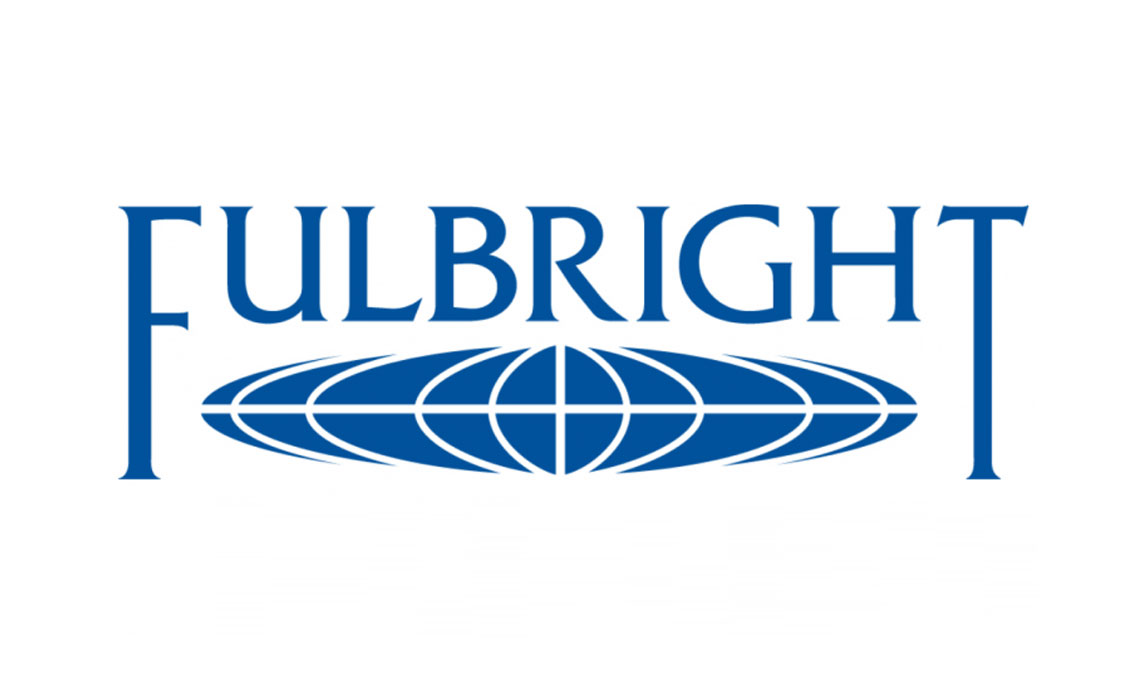
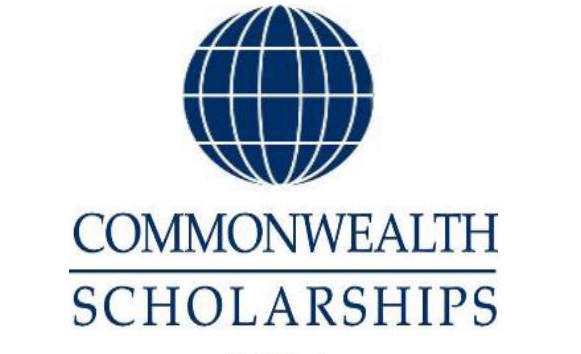


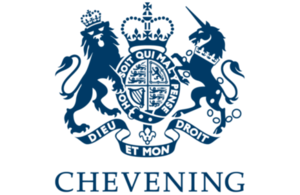
.jfif)
